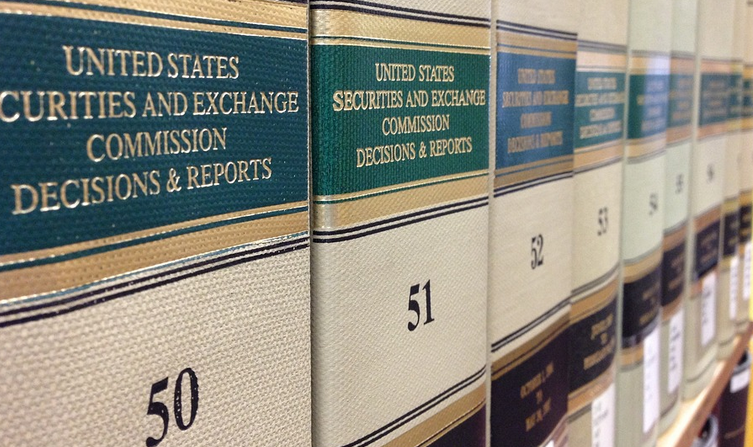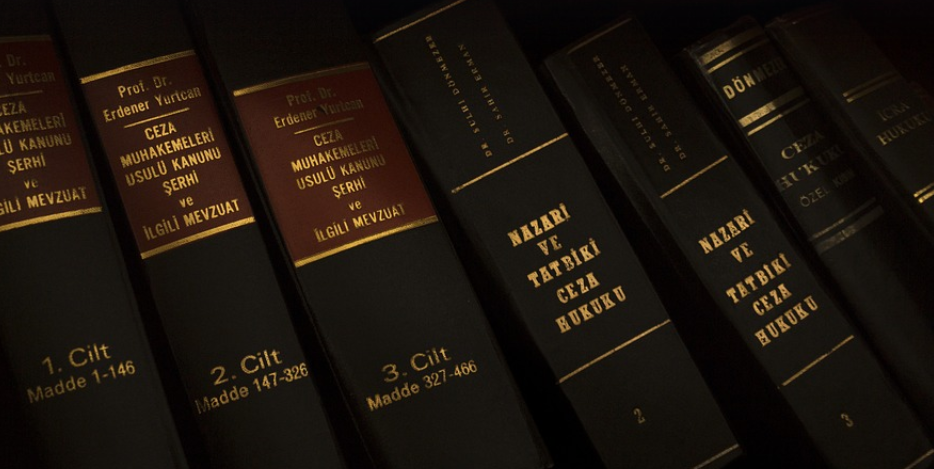A Closer Look at the Laws Around Triggering Devices
So, you’re interested in learning about binary triggers and their legality within the diverse landscape of laws governing firearms access in Pennsylvania. While it’s a topic that sparks curiosity due to its unique nature and potential for impact on firearm use, navigating this legal frontier requires a thoughtful approach.
Let’s delve into the intricacies of binary triggers in Pennsylvania to understand their legality within the context of existing regulations. First and foremost, it’s essential to recognize that there is no singular, overarching federal legislation governing binary trigger mechanisms for firearms.
In the United States, federal law often lays the groundwork for state-level regulations. When it comes to firearms ownership and modifications, the 2nd Amendment right to bear arms is central. However, states hold significant power in setting their own laws regarding firearm design, including binary triggers, with varying degrees of intervention.
Pennsylvania’s legal framework for firearms, like many states, leans heavily on a combination of state and federal regulations. This means that the specific rules surrounding the use of binary triggers may be influenced by both these levels of government. In Pennsylvania, the key laws to consider are the state’s Firearm Code and its various amendments.
The Pennsylvania Firearm Code is a comprehensive document that outlines the regulations for firearm possession, manufacturing, sale, and use in the state. This code serves as a foundation upon which specific legal decisions regarding binary triggers are made.
To truly unpack the legality of binary triggers in Pennsylvania, one must delve into the intricacies of the Firearm Code. Understanding each aspect of this code—its amendments, regulations, and definitions—is crucial for comprehending how these mechanisms fit within the overall legal landscape.
A key element to consider is the Firearm Code’s classification of firearm modifications. The code may define “binary triggers” as a modification, perhaps categorizing them as a type of trigger mechanism. This designation could dictate specific regulations around their use—like requiring registration or mandatory safety courses for owners.
For instance, some state laws might specifically regulate the type of modifications allowed on firearms or the types of trigger mechanisms permitted for use. It’s essential to confirm if these regulations include binary triggers.
Pennsylvania’s firearm laws are a reflection of its commitment to public safety and responsible gun ownership. These laws often aim to ensure that guns are used safely and responsibly, and thus may impose restrictions on trigger mechanisms like binary triggers.
Understanding the specific definitions, regulations, and classifications outlined in the Pennsylvania Firearm Code is crucial to understanding whether a binary trigger would be legal within the state’s framework. If you’re considering purchasing or using a firearm with a binary trigger, it is strongly recommended that you consult with an attorney specializing in firearms law for guidance on the laws specific to your situation.
It’s crucial to remember that this information is intended as a general overview and not legal advice. It’s always advisable to seek counsel from qualified legal professionals who can provide personalized advice based on individual circumstances and the current state of Pennsylvania law.



